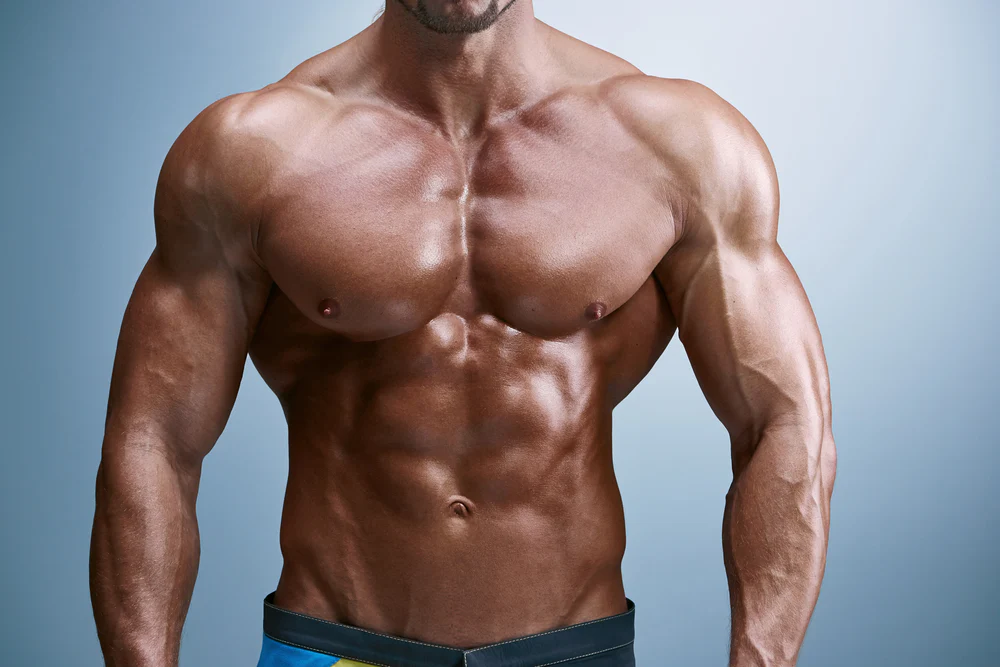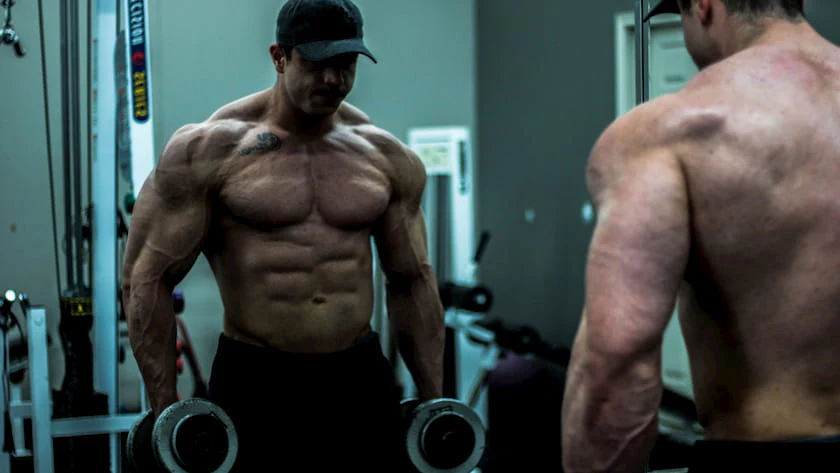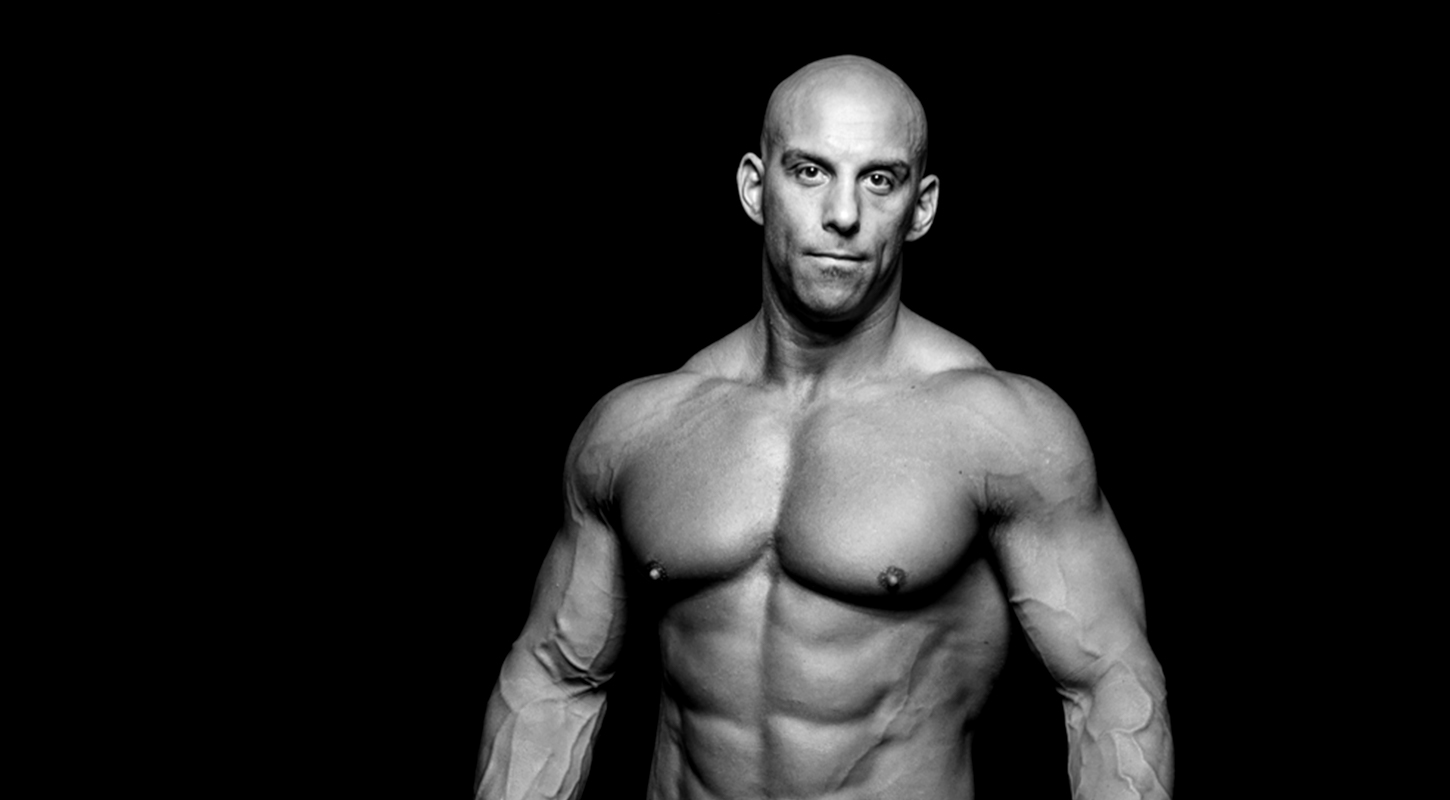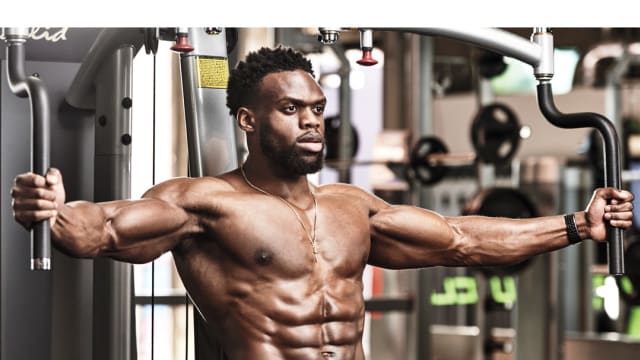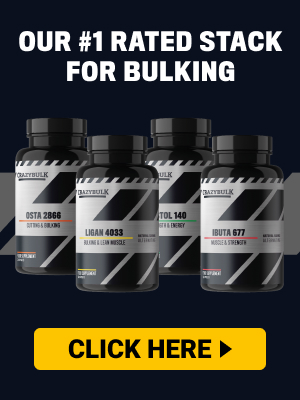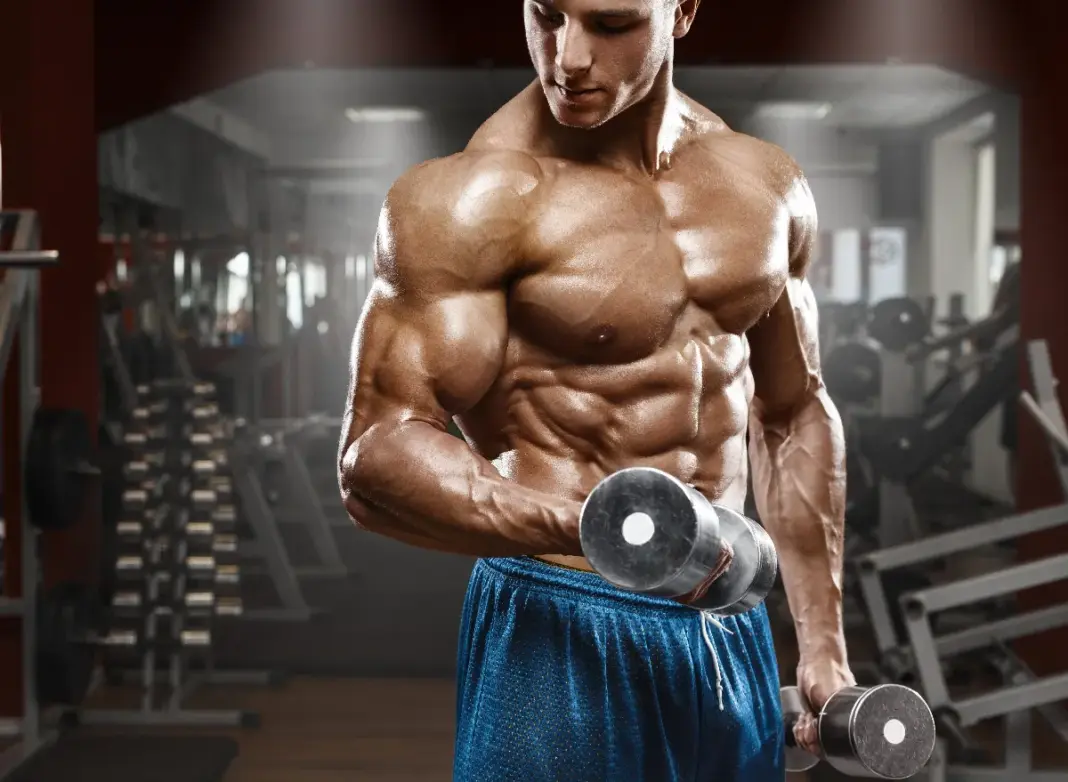Best Split for Chest Growth: Build a Bigger, Stronger Chest
Every lifter wants a bigger chest. The bench press has long been the measuring stick of gym strength, and a thick, full chest is a hallmark of bodybuilding aesthetics.
But here’s the reality: many lifters struggle with chest development despite years of training. The reason isn’t always effort — it’s often the wrong training split.
Some splits train chest only once per week (classic bro split), while others hit it 2–3 times per week (PPL, Upper/Lower). Frequency, volume, and exercise selection all play huge roles in how effectively your chest grows.
This guide breaks down the best workout splits for chest growth, compares their strengths and weaknesses, and gives you chest-specialization strategies you can use right away.
🔎 Key Principles of Chest Growth
Before comparing splits, it’s important to understand what makes a chest grow:
- Training Frequency
- Most research shows 2x per week is better than once weekly for hypertrophy.
- Chest responds well to being trained every 3–4 days.
- Volume (Sets per Week)
- Optimal hypertrophy volume: 10–20 sets per week (spread across sessions).
- Too much in one session = fatigue and diminishing returns.
- Exercise Selection
- Heavy compounds: Bench Press, Incline Bench, Dips
- Isolation: Flyes, Cable Crossovers, Machine Press
- Variety of angles (flat, incline, decline) ensures full pec development.
- Progressive Overload
- Strength progression in pressing lifts = chest growth.
- Progressive overload with higher-rep isolation = complete development.
💥 Best Splits for Chest Growth
Push Pull Legs (PPL)
Why It Works:
- Chest trained 2x per week (on both Push days).
- Volume distributed across the week → better recovery.
- Allows variety: heavy press on Push A, hypertrophy isolation on Push B.
Sample Chest Frequency (PPL 6-Day):
- Push A: Bench Press, Incline Dumbbell Press, Cable Fly
- Push B: Overhead Press, Weighted Dips, Pec Deck
Pros:
- High chest frequency (2x/week)
- Plenty of pressing variety
- Great balance of compounds + isolations
Cons:
- Requires at least 4–6 training days to maximize potential
👉 Best for: Intermediates who want frequency and recovery balance.
Upper / Lower Split
Why It Works:
- Chest trained 2x per week (both Upper sessions).
- Simple and effective, easy to structure heavy/light days.
- Works well with 4 training days.
Sample Chest Focus (Upper/Lower 4-Day):
- Upper A: Bench Press 4×6, Dumbbell Incline Press 3×8
- Upper B: Overhead Press 4×6, Weighted Dips 3×8, Cable Fly 3×12
Pros:
- Balanced approach
- Great for strength + hypertrophy
- Easy to recover from
Cons:
- Less specialization than PPL or Bro Split
👉 Best for: Lifters who want balance between chest and overall development.
Bro Split (Chest Day)
Why It Works:
- A whole day dedicated to chest = maximum volume.
- Popular among bodybuilders for chest specialization.
- Works well if chest is a priority or weak point.
Sample Chest Day (Bro Split):
- Flat Barbell Bench Press – 4×6
- Incline Dumbbell Press – 4×8
- Decline Barbell Press – 3×8
- Dumbbell Fly – 3×12
- Cable Crossover – 3×15
Pros:
- Maximum chest volume in one session
- Great mind-muscle connection focus
- Popular among physique athletes
Cons:
- Chest only trained once a week (suboptimal frequency)
- Recovery may be fine, but growth is slower vs. 2x/week splits
👉 Best for: Advanced bodybuilders with chest as a specialization goal.
PHUL (Power Hypertrophy Upper Lower)
Why It Works:
- Upper sessions hit chest twice weekly (1 strength, 1 hypertrophy).
- Smart balance of progressive overload + volume.
- Great for building pressing strength and muscle size.
Sample Chest Workload (PHUL 4-Day):
- Upper Power: Bench Press 4×5, Overhead Press 3×5
- Upper Hypertrophy: Incline Dumbbell Press 3×8, Cable Fly 3×12
Pros:
- Perfect strength + hypertrophy combo
- Balanced weekly frequency
- Proven program with strong following
Cons:
- More demanding than simple Upper/Lower
👉 Best for: Intermediates and advanced lifters who want both size and pressing strength.
PHAT (Power Hypertrophy Adaptive Training)
Why It Works:
- Combines powerlifting and bodybuilding
- Chest hit on Upper Power + Hypertrophy Upper sessions
- Very high volume and frequency
Sample Chest Workload (PHAT 5-Day):
- Upper Power: Bench Press 3–5×5, Weighted Dips 3×8
- Hypertrophy Upper: Incline DB Press 4×10, Pec Deck 3×12, Cable Fly 3×15
Pros:
- High volume + frequency = chest overload
- Builds pressing strength and size
- Great for advanced lifters
Cons:
- Demanding on recovery
- May be excessive for beginners
👉 Best for: Advanced lifters with solid recovery ability.
📊 Split Comparison for Chest Growth
| Split | Frequency | Volume Potential | Specialization | Best For |
| PPL | 2x/week | Moderate–High | Balanced | Intermediates |
| Upper/Lower | 2x/week | Moderate | Balanced | All levels |
| Bro Split | 1x/week | Very High | Specialization | Advanced bodybuilders |
| PHUL | 2x/week | Moderate–High | Balanced + Strength | Intermediates |
| PHAT | 2x/week | Very High | Advanced Specialization | Advanced lifters |
🏋️ Chest Specialization Strategies
If your chest is lagging, you can tweak any split to prioritize it:
- Add Chest Work on Secondary Days
- Example: Add incline presses on shoulder day, or dips on triceps day.
- Increase Frequency
- Train chest 3x per week by alternating compounds and isolations.
- Exercise Order
- Train chest first in the session for more energy + intensity.
- Use Intensification Methods
- Rest-pause sets, drop sets, paused reps to increase stimulus.
- Fix Weak Angles
- Upper chest: Incline presses & flyes
- Lower chest: Decline presses, dips
- Inner chest: Cable crossovers with full contraction
✅ Final Verdict: Best Split for Chest Growth
- For Beginners: Upper/Lower (balanced, sustainable)
- For Intermediates: PPL or PHUL (frequency + hypertrophy focus)
- For Advanced Lifters: PHAT (volume + frequency) or Bro Split (specialization)
👉 The best split for chest growth depends on your training level and recovery. But the unifying principle is clear: train chest at least twice per week, with a mix of heavy compounds and isolation, for long-term development.
🔗 Next Steps:
- Compare [Bro Split vs PPL]
- Read [Best Split for Arms] (coming soon)
- Explore [Best Training Split for Muscle Growth]

